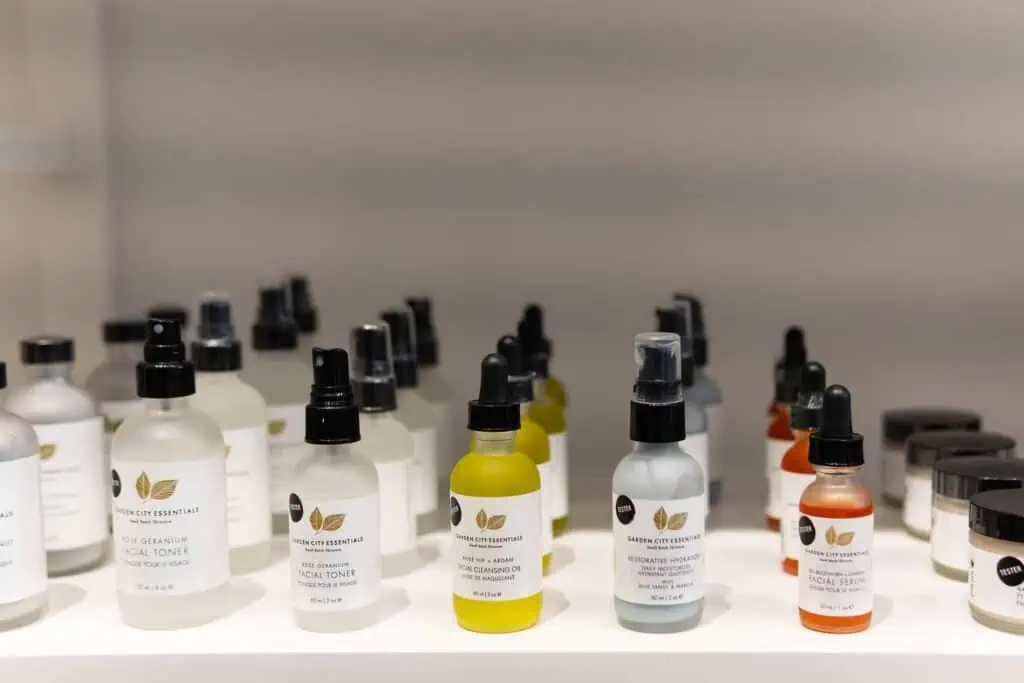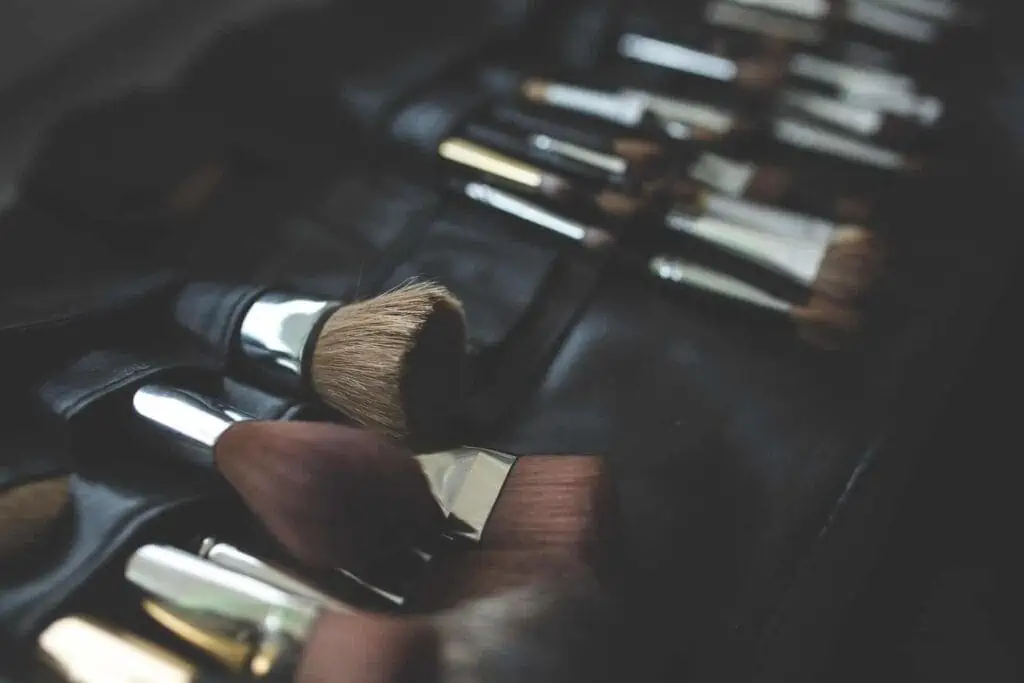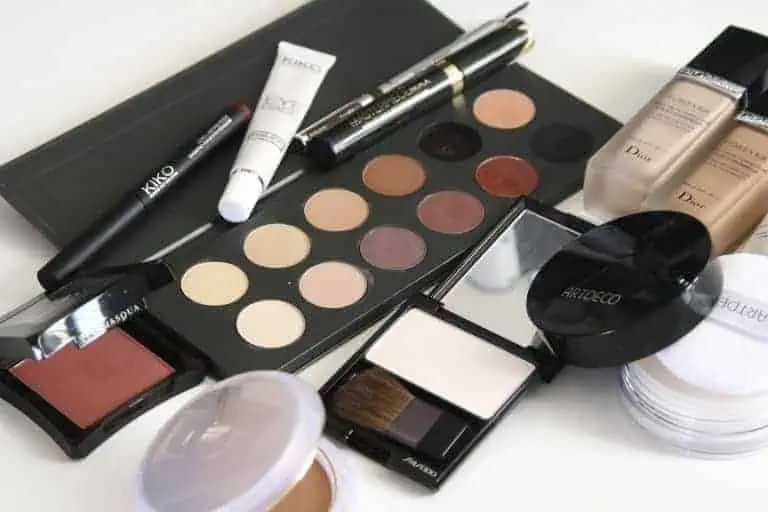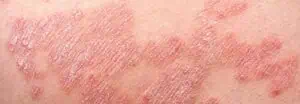BEAUTY PRODUCT INGREDIENTS THAT MAY IRRITATE ACNE
When you are prone to getting acne, skincare or makeup products can contribute to or worsen your acne, and it can be a complex combination to balance. Make up, in particular foundation, can typically be used to hide acne and other blemishes while your skin is healing, but it is important to remember the pores also need time to heal while not being suffocated and clogged.
Keeping that in mind, not finding the proper foundation for acne-prone skin can undo all the hard work involved in the treatment of acne. The critical key is to find the right makeup and foundations that won’t irritate acne and here we provide tips of what to look for when buying foundation if you have acne prone skin.



PRODUCTS AND INGREDIENTS TO AVOID
According to the AAD, the American Academy of Dermatology, and WebMD, the following are some products and ingredients that you need to avoid to reduce further blemishes.
OILY SKIN CARE PRODCUTS AND MAKEUP
Skin care and make up products which contain oil or other ingredients that make your skin oily can blocks your pores, and in turn lead to more blemishes. Look for products that specifically mention that they are ‘non-comedogenic’ or specify that they won’t clog your pores, especially foundations that state they won’t irritate acne.
SHARED MAKEUP KITS
If you are susceptible to getting acne or blemishes quite easily, avoid using someone else’s make up accessories such as brushes or applicators. Acne isn’t contagious, but by sharing makeup applicators, you might also share bacteria which can lead to breakouts.
EXFOLIATORS
You might be tempted to clean your face and remove makeup before going to sleep by scrubbing it clean. We recommend not doing it as this may irritate your skin, causing your skin to flare up. Instead, use a gentle cleanser to remove any make up and to wash your face.
COCONUT OIL
Coconut oil is a comedogenic ingredient which is not recommended for acne prone skin as they can clog your pores and cause blackheads.
PRODUCTS WITH ARTIFICAL FRAGRANCES
Products like moisturizers containing artificial and tropical fragrances are often the cause of triggering allergies to your sensitive skin and can irritate and worsen the symptoms of acne. You should instead look for fragrance-free products when using them on your face.
ALCOHOL BASED PRODCUTS
Certain types of alcohol are often found in toners to help their ingredients penetrate the skin more effectively by breaking down the skin’s barrier. However, alcohol in skin care products can make the pores dry out, causing irritation to your skin and worsening the symptoms of acne.
COCOA BUTTER
Products containing cocoa butter are a great healthy product for dry skin users and often come in the form of body creams and facial moisturisers. But for sensitive skin users, products containing cocoa butter can be highly comedogenic, trapping bacteria in the pores. This trapped bacteria is harmful to your skin as the acne and blemishes produced have more puss than typical acne.
PRODUCTS CONTAINING SODIUM LAURLY SULPHATE
Sodium Lauryl Sulphate or SLS, is an ingredient that has been removed from different shampoo brands as it has been found to cause dryness by eliminating the moisture layer acting as a barrier on your skin. Dryness of the skin makes it more prone to acne and breakouts. SLS is found in some facial cleansers and a few body-wash as well and these products should be avoided.
ALGAE EXTRACTS IN CONCEALERS AND OTHER PRODUCTS
Algae extracts are high on the list of highly comedogenic ingredients which have been found to speed up the micro-comedones growth in your pores, causing inflammation to the skin.
SODIUM CHLORIDE
Sodium Chloride is another comedogenic ingredient which is used in a number of foundations and other cosmetics due to its exfoliating nature. Products containing this ingredient should be avoided in both skin care and make up.
TIPS AND TRICKS TO HELP WITH ACNE
Treating your Acne with creams and medicine should be done with your dermatologist’s recommendations and it is best to get their expert advice before beginning to treat your acne. When treating your acne it is important that you:
- Complete the course of acne treatment and don’t jump from one treatment to another. It can take eight weeks for acne treatments to begin working.
- Always apply a thin layer of whatever medication that your dermatologist has prescribed.
- Always remove makeup before going to sleep.
- Use skin care products and make up that won’t irritate your acne further.
CONSULT A DERMATOLOGIST ABOUT YOUR ACNE
If you have tried home remedies without any luck, or if your acne is persistent and is affecting your confidence or health, we suggest seeking advice from an acne dermatologist. We welcome you to learn more about our acne treatments or contact us today to arrange a consultation with one of our acne dermatologists.



